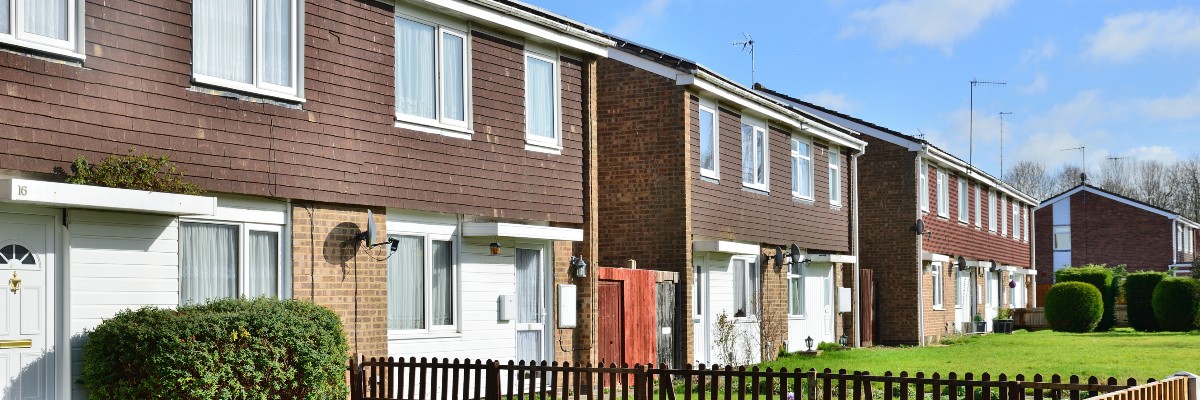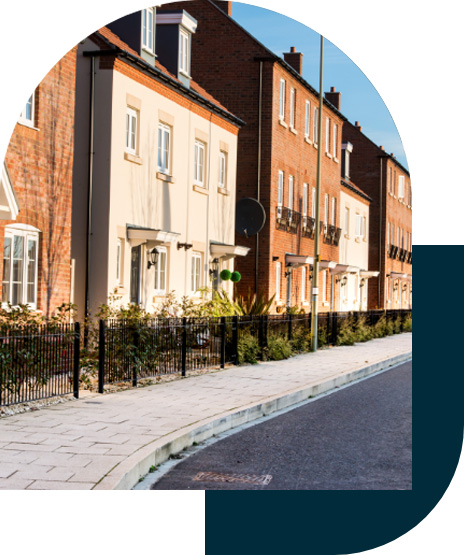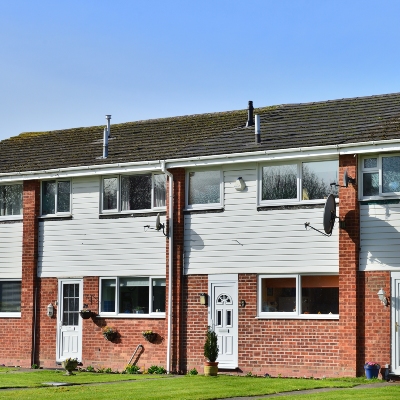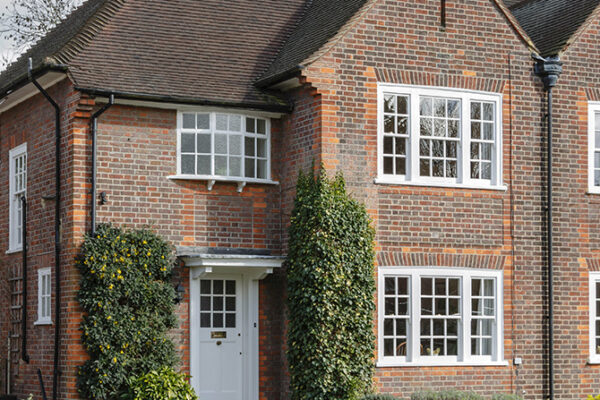The Right to Buy scheme allows you as a council housing tenant to purchase the property you have lived in at a discounted price from the council.
The discount becomes greater for every year you have lived in the property. The maximum discount is £96,000 across England except in London where it is £127,000. However, you must pass certain eligibility to apply to exercise your right to buy.
The eligibility is below:
- Its your only or main home
- Its self-contained
- You’re a secure tenant
- You’ve a public sector landlord (Council or Housing Association) for 3 years.
The discount is also based on:
- how long you’ve been a tenant with a public sector landlord
- the type of property you’re buying – a flat or house
- the value of your home
Right to Buy Purchasing your Council House
The Right to Buy conveyancing process is differs slightly to the standard conveyancing process.
- You will need to apply to your local council and fill out the Right to Buy application form (RTB1 notice).
- Valuation – you’ll need to obtain a RICS valuation of the property to confirm the open market value (what the property is worth before the discount).
- Once you have instructed HSR Law will review all legal documents and act on behalf of your lender (if applicable). It is important to remember that if you are buying with the aid of a mortgage we are still required to order searches, even if you feel you are familiar with the property.
- HSR Law will order the property searches – these include the local authority search, drainage and environmental and review and report to you on our findings
- There is no exchange of contracts under the right to buy conveyancing process. Once, HSR Law are ready with your consent we can set a Completion date.
- HSR Law will deal with Land Registry to deal with the transfer of the property into your name.

Am I Eligible for the Right to Buy Scheme? Key Rules Explained
The Right to Buy scheme helps council tenants purchase their homes at a discount, but not everyone qualifies. In this guide, Ryan Morgan, Partner and Residential Conveyancing Solicitor at HSR Law, explains who can apply, how discounts are calculated, and how our team can support you through the process from start to completion. Read more…
Right to Buy Selling Your Ex-Council House
Selling your right to buy home is an option. However, If you sell your home within 10 years of buying it through any Right to Buy scheme, you must first offer it to either:
- Your old landlord or
- Another social landlord within the area
The property should be sold at the full market price agreed between you and the landlord. If this price cannot be agreed, then a district valuer will set the price for you.
You can sell your home to anyone if the landlord doesn’t agree to buy it within 8 weeks. Once a sale is agreed you may have to pay back some of you discount depending on timescales.
You will have to pay back some or all of the discount you received if you sell your Right to Buy home within 5 years of purchasing it. You will have to pay back all of the discount if you sell within the first year. After that, the total amount you pay back reduces to:
| 80% of the discount in the second year |
| 60% of the discount in the third year |
| 40% of the discount in the fourth year |
| 20% of the discount in the fifth year |
Should you have any question about purchasing or selling with the Right to Buy scheme, please do not hesitate to contact us at HSR Law.

We are CQS Accredited
The Conveyancing Quality Scheme (CQS) accreditation demonstrates that HSR Law Solicitors can provide residential conveyancing advice of the level expected by clients, lenders and the wider residential conveyancing community.
Being CQS accredited means we have the expertise to deliver quality residential conveyancing advice and use standardised processes to manage and reduce risks.
Your Right to Buy Team
Property FAQs
Exchange means that your contract to purchase is now legally binding. If you withdraw from the sale, you will lose the deposit you paid. On exchange you also set the date for completion.
No, your Lenders grant the mortgage but they ask us to confirm that the valuation has no errors and that there are no issues with the property that they should be informed of. It is our job to ensure that both you and your Lender are happy to proceed.
Someone over 18 has to witness your documents and no one that is related to you
The ISA can only be used as part of completion funds to pay the balance of the property. It cannot be used as the deposit. Your buyer’s solicitor may agree to accept a lower deposit on exchange. Your solicitors can charge £50 plus VAT for applying for this for you.
If you are a cash buyer this is your choice, but HSR Law would always advise that you do obtain searches . If you are purchasing with the aid of a mortgage, this is mandatory. The main searches are as follows:
Local Authority
A local authority search will provide you with detailed information about your property and the surrounding areas including planning entries and road adoptions. This will give you peace of mind before going ahead with the purchase of your new home and ensure you avoid any surprises in the future
Water and Drainage
A water and drainage search will confirm the proximity of the property to public sewers, whether the property has a sewer running within the boundaries of the property and if the property is connected to mains services.
Environmental search
An environmental search would confirm whether the previous land use of the property creates a potential environmental risk. This search will highlight issues which would include:
Landslides
Subsidence
Contaminated land such as historic landfills and waste sites
The risk of flooding from nearby rivers or seas
Mining search
A mining search is required if the property is situated in an area of previous or current mining history and is at risk of being built on unstable ground.
If you hold the property as joint tenants, both of you will own the whole of the property. You will not each have a quantified share in the property and will not be able to leave a share of the property in your will. If you sell the property, or if you separate, it will be presumed that you both own the property equally.
If you hold the property as tenants in common, each of you will own a specified share in the property. For example, one owner could own 70% of the property while the other holds 30%. The percentage shares are commonly used to reflect the amount of money contributed.
If you buy a property freehold, it means you completely own the property and the land it sits on
When you buy a property that is leasehold, you own it for a set length of time, which is the term of the lease.
Click here to read our Freehold vs Leasehold factsheet.
Our Latest Residential Property News
- Am I Eligible for the Right to Buy Scheme? Key Rules ExplainedThe Right to Buy scheme helps council tenants purchase their homes at a discount, but not everyone qualifies. In this guide, Ryan Morgan, Partner and Residential Conveyancing Solicitor at HSR Law, explains who can apply, how discounts are calculated, and how our team can support you through the process from start to completion.
- A quick guide to remortgagingRemortgaging is the process of switching your existing mortgage to a new deal, either with your current lender or a different one.
- Traditional v Modern AuctionsExploring and comparing the difference between traditional and modern method auctions when purchasing property.
- Stamp Duty Changes from 1st April 2025Significant changes to Stamp Duty Land Tax (SDLT) are being implemented from 1st April 2025.
- Freehold vs Leasehold Property: What’s the difference and which is right for you?Understanding the difference between freehold and leasehold is crucial when buying or selling property in England and Wales. This guide explains what each type of ownership means, how they affect your rights and responsibilities, and what to consider before making a decision.















